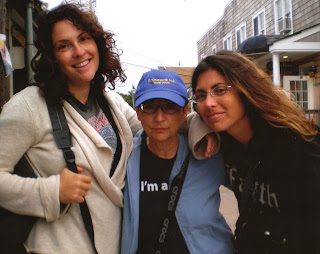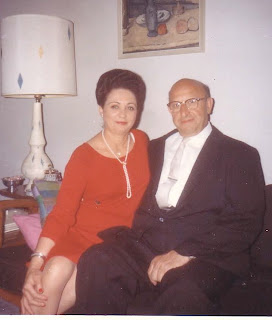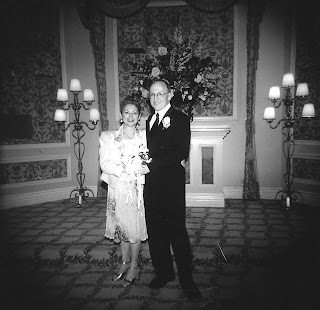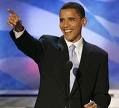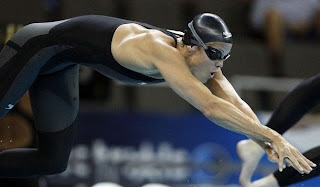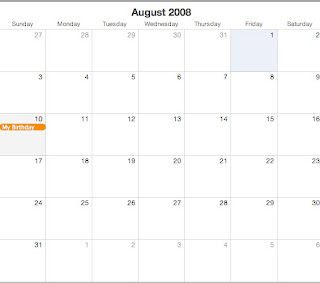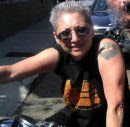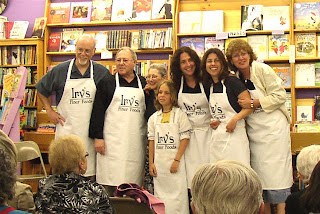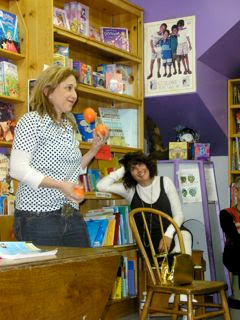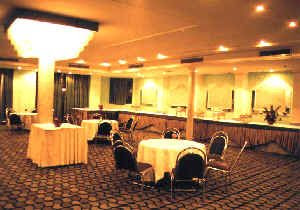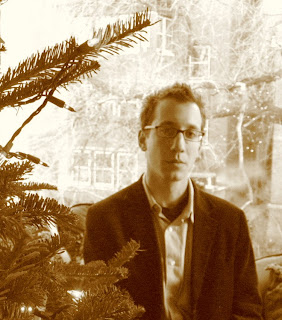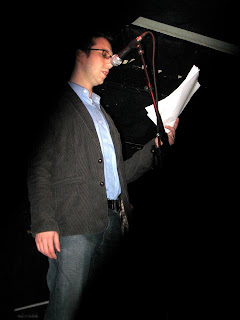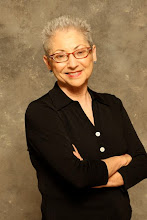
Illinois Gov. Rod Blagojevich and I have something in common: ambition and hubris knocked us both off lofty perches. Although his tumble was from a Mount Everest-sized peak, and mine closer to, well, a molehill, our anguish has similarities.

I’ll explain. Back in 1981, I was hired as a press aide to then-mayor Jane Byrne. I couldn’t have been happier, or prouder of my new assignment. As a lifelong Chicagoan, I relished local politics with all of its Shakespearian drama: treachery, jealousy, greed, and also noble works.

Now, here I was, not on the sidelines, but in the middle of the action. My glee became insufferable, though, as I blathered on about writing speeches, escorting the mayor to groundbreaking ceremonies, dropping off news releases to City Hall reporters (several pictured on this post), riding in the mayor’s limo, and actually entering her inner office after joshing with the security guards posted outside her paneled doors.
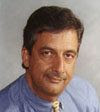
And when my workday ended and I was at home watching the evening news, and heard the mayor read my words as she stood at the podium, or at a ribbon-cutting ceremony, my swelled head threatened to topple my 5’ frame.
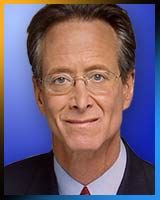
Alas, from such a high opinion of myself, a downfall was inevitable. My Blago-moment occurred when I was assigned to accompany the mayor to some benign event. Unfortunately, that very morning, a bigger story broke and reporters swarmed the ceremony determined to capture one of the mayor’s infamous quotes.

Along with my writing tasks, another of my roles was to buffer the boss from the tide of microphones, tape recorders, photographers, television cameras, and reporters threatening to flood the city’s diminutive first executive. Problem was, at my wee height, I got shoved aside as easily as a rubber ducky. I stood helpless as Mayor Byrne became engulfed and bombarded with unwelcome questions.
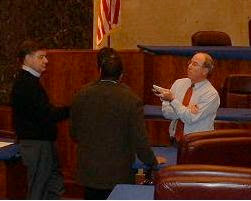
I returned to City Hall dejected, sat hunkered at my desk as she walked into the Press Secretary’s office and closed the door behind her. When I crept up to eavesdrop, I could hear her angry words, “Don’t send Elaine out with me anymore.”
My boss (Was it Ray McCarthy or Steve Crews? I can’t remember.) never actually relayed her decision, I just wasn’t assigned to outside events anymore. Despite that episode, I loved every minute I was a press office employee. And I never blamed the mayor for her ruling. She was right – I couldn’t handle it.

So if I don’t join the crowd damning Gov. Blagojevich’s obnoxious behavior, you’ll understand. I hope he takes this experience as one of life’s lessons. For my part, I learned that a seat at the top of the world could easily be upended when haughtiness overtakes humility. For Rod (since we’re linked, I can use this familiarity), his warning is simpler: stay off the f*@#$%^ phone!
(Pictured are some of the City Hall reporters during the Byrne administration: Ray Hanania, Andy Shaw, Fran Spielman, and Gary Washburn.)

